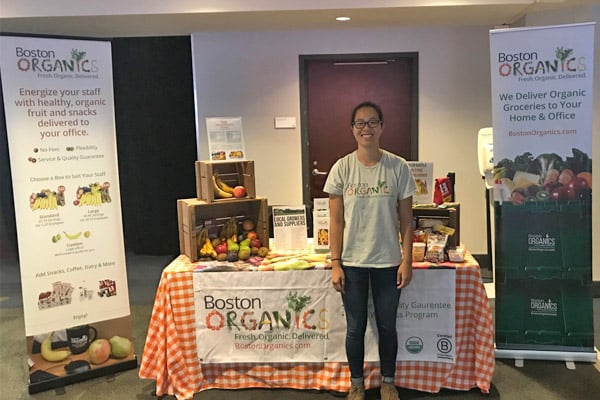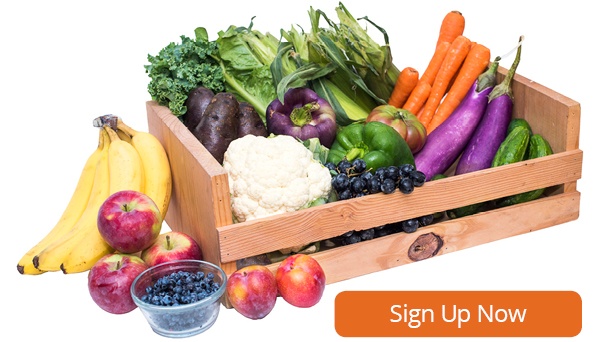I am taking the 21-Day Racial Equity Challenge. Each day I will be taking time with the prompts, and I will be sharing my reflections/thoughts. I encourage our audience to take this challenge with me to start your own self-reflection journey, start understanding and building empathy for people who are not like yourself, learn more about racial inequity in our food system, and ultimately learn how we can better support the Black people in our community.
If you feel comfortable, I encourage our audience to share your thoughts and reflections in the comments below. Our social media pages have several thousand followers, and I want to leverage our platforms as a space that encourages learning, that feels safe and inclusive. So here we go, let’s dig in.
Day 1: Racial Identity Formation
The first thing I thought after reviewing the different stages of racial identity development models was “Wow, I wish I saw these in grade school. That would have saved me so much time trying to conform to my peers and doubting myself.”
 This is me (Caroline A.) tabling at a Wellness Conference!
This is me (Caroline A.) tabling at a Wellness Conference!
I’ve always thought about race as a part of my identity, but it wasn’t until college that I took a deep dive into understand and accepting all parts of myself. I am an adopted Chinese American person. My family is white, and my parents’ ancestors are also white. Though I’m not biracial and despite how I look, I felt a stronger connection to white culture and people than I did to my Chinese heritage. My parents did their best to teach me about my Chinese culture. We regularly went to Chinese cultural centers, we tried to learn Mandarin together, we celebrated Chinese New Year, and we immersed ourselves in the arts. I actively rejected all of that. Maybe it was because I was shy and too nervous to talk to new kids, but looking back now it was partly because of my own internalized racism (yes, even before the age of 10). “Internalized racism involves both conscious and unconscious acceptance of a racial hierarchy in which whites are consistently ranked above people of color” (Wiki). I felt safer claiming the identities like environmentalist, artist, or athlete than I did my own race.
I didn’t recognize this toxic behavior/thinking until I was in college, I didn’t start calling myself out on my behavior/thinking until later, and I’m still unlearning the things I once thought were true. For fun I took some of these quizzes to find out if I had anymore hidden biases (quizzes include: Race, skin-tone, age, transgender, religion, sexuality, and more).
The model that stuck out to me in the prompt was Berry’s Ethnic Minority cycle (below):
- Assimilation: valuing the majority culture over one’s own culture.
- Separation: preserving one’s culture while withdrawing from the majority culture.
- Marginalization: losing culture contact and identification with one’s culture as well as the majority culture.
- Integration: valuing and integrating one’s culture as well as the majority culture.
I’ve gone through this model plenty of times in my life. Sometimes I skip from 1 to 3, or get stuck in step 2, or jump all around from step 3-2-1-4-2, etc. I suspect I’ll keep going through iterations of this model because I’ll keep having different life events and continue to see the world in different perspectives.
While working at Boston Organics it’s opened my eyes to all of the stakeholders in the local food system. “Farm to Table” is a cute, short catchphrase that the food/grocery delivery industry loves to throw around. For the end consumer it means your food is as fresh as can be. But I know it carries more weight than that. It includes so many individuals that have coordinated to get your veggies out of the dirt, washed, prepped, packaged, transported, and ultimately into your kitchen. It’s important to me now more than ever because I know agriculture has deep roots in the United States. This land has been cultivated by indigenous people, by colonizers, by slaves, and by machinery. I'm sure there is more I can learn about racism/racial inequity in the food system, and I’m excited to see how the rest of the 21-Day Racial Inequity Challenge will go.
Thank you for taking the time to read this blog post. Click here for more prompts, and click here for more resources. Feel free to share your own reflections and thoughts in the comments below. Please keep in mind that we are all lifelong learners, our experiences are all unique, and this is a safe-inclusive space.


